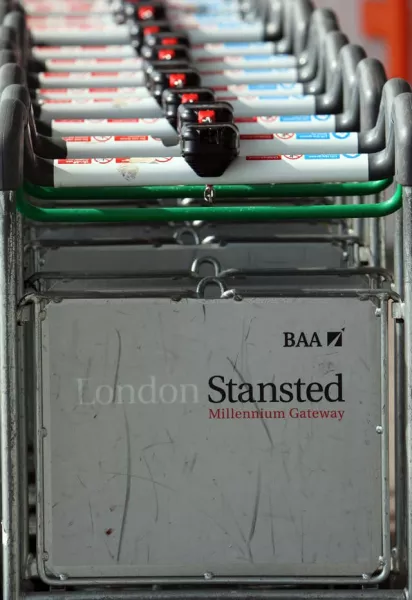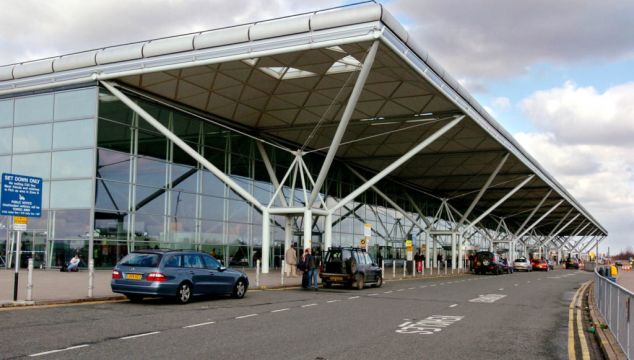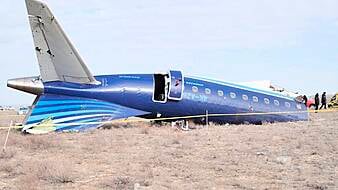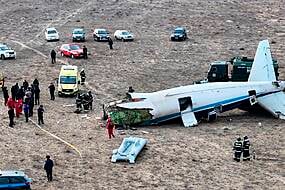Passengers at London's Stansted Airport faced long queues and temporary luggage losses after a technical issue on Sunday.
The fault affected the airport’s hold baggage system, meaning that luggage had to be manually processed.
Queues spread across the airport as passengers tried to access their belongings or find members of staff to assist them.
People flocked to social media to request help from the airport, with one person describing it as “chaos” and complaining there were no staff around to help.
Speaking to the BBC, Neil and Gemma Jackson, who arrived at Stansted at 4.30am after travelling from Kent with their children, described their experience as “off the rails”.
Mrs Jackson said: “It started off ordinarily, we queued up to check in and that progressed quite quickly.”
“But where it really went off the rails was we were all advised to drop our bags at a particular zone. There was absolute chaos.
“Every single passenger from every airline seemed to be in the same queue.

“There was no crowd control, it snaked around the entire airport, people were pushing in.
“We waited politely at security control.
“Then our gate closed and we were turned away.”
Stansted has since apologised for the incident, but has also requested that customers still arrive at least three hours before their flight due to the knock-on effect.
A spokesperson for Stansted airport said: “London Stansted apologises for any inconvenience caused to passengers this morning due to a technical issue affecting the airport’s hold baggage system.
“Contingency measures were immediately put in place with our airlines to mitigate disruption and manually process baggage while engineers worked to fix the issue.
“The system is now operating as normal but passengers are still asked to arrive at the airport at least three hours before their flight departs in accordance with their airline’s latest advice.”
In May, Stansted airport completed its biggest baggage network upgrade since the terminals launch in 1991, costing £70 million (€82 million).
The work took four years and involved replacing the previous system of conveyor belts and chutes with 2.4km of track and 180 automated carts.







